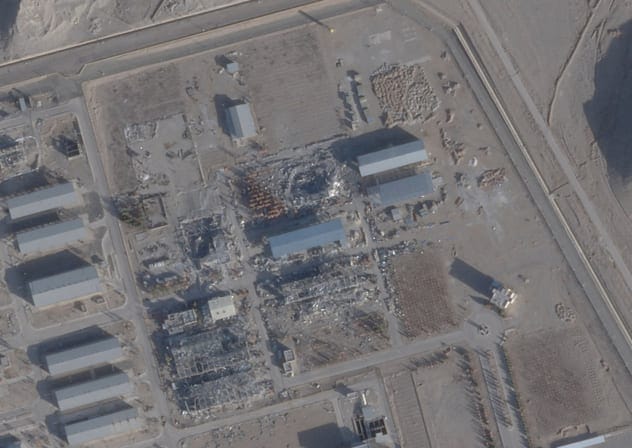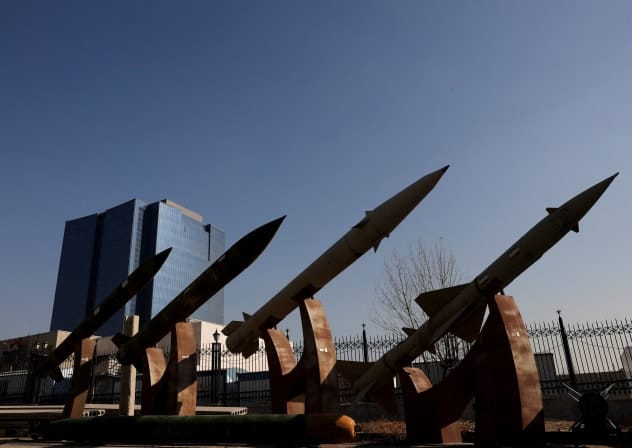Intelligence assessment warns of Iranian attacks on US following Khamenei's death
A report from the Office of Intelligence and Analysis at the Department of Homeland Security said Iran and its proxies "probably" pose a threat of targeted attacks on the United States.













